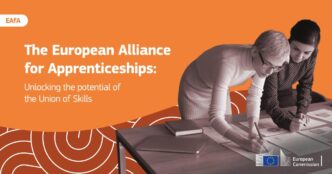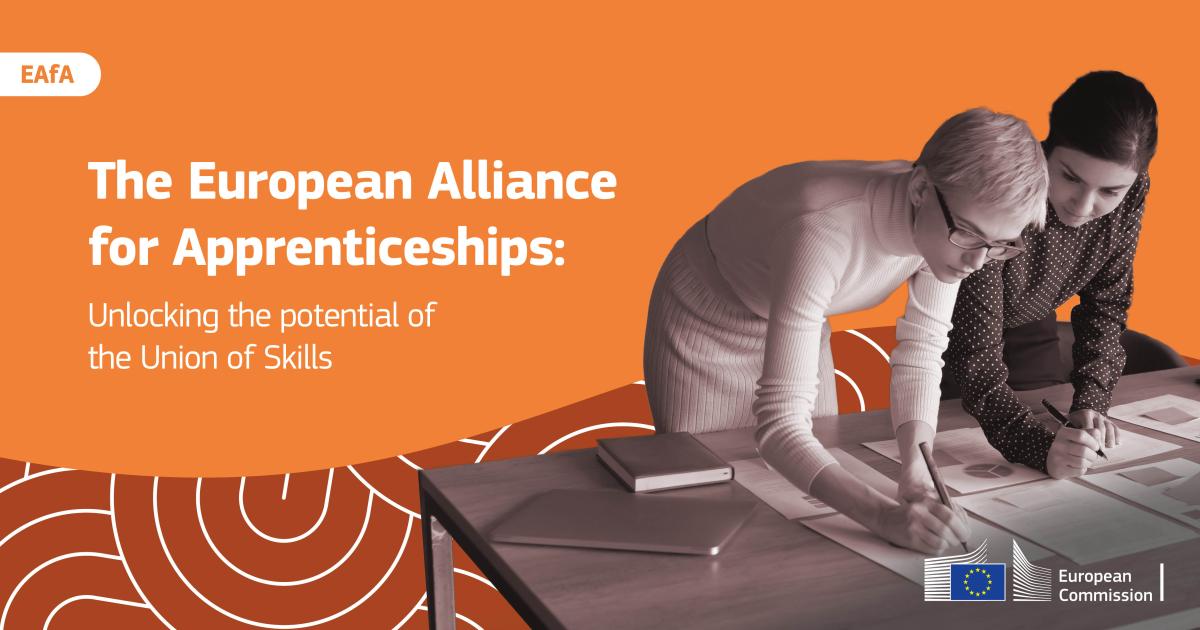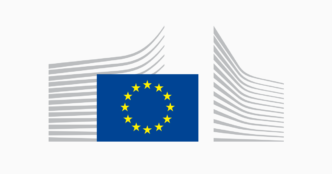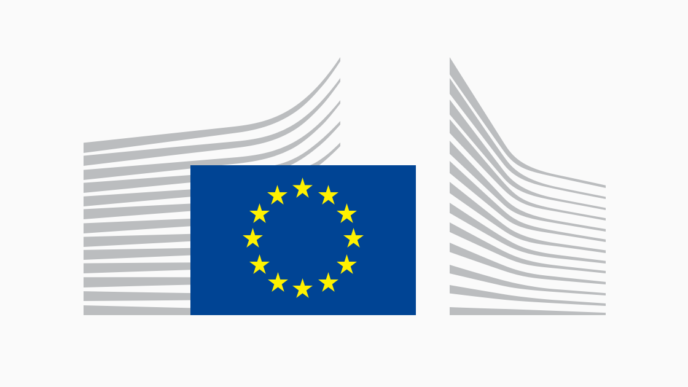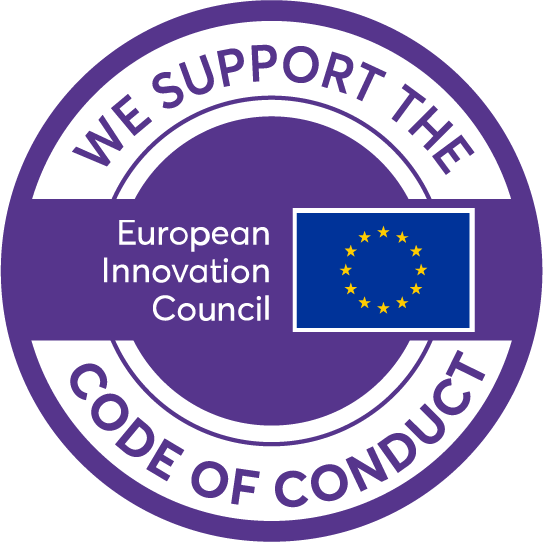A skills-first approach for Europe
Across Europe, many companies find it difficult to find employees with the right skillsets due to a mismatch between available skills and labour market needs. At the same time, workers face growing pressure to keep up with rapidly changing job requirements. The Union of Skills aims to address both these challenges by promoting lifelong learning, upskilling, and reskilling, empowering individuals and businesses to adapt, grow, and remain competitive.
At the heart of the Union of Skills there is an innovative and comprehensive approach to education, training, and employment policies. This new strategy promotes a skills-first mindset, equipping individuals to thrive in a fast-evolving job market and helping businesses, especially small and medium-sized enterprises, to find and train workers with the required competences.
The Union of Skills focuses on four key areas:
- Building skills for quality lives and jobs
- Upskilling and reskilling for the digital and green transition
- Circulating skills across the EU for competitiveness
- Attracting, developing, and retaining talent
Through these four pillars, the strategy will align the efforts of individuals, businesses, and educational institutions to develop a future-ready workforce for Europe and ensure quality education and skills for all.
Learn more about the Union of Skills.
Strengthening apprenticeships through EAfA
The European Alliance for Apprenticeships (EAfA) is integral to the mission of the Union of Skills. Recognising the crucial role of apprenticeships in equipping individuals with in-demand skills, the Commission is committed to significantly expand EAfA’s impact by securing 700 pledges by 2030, including targeted initiatives for those currently outside the labour market.
EAfA will also play a key role in advancing two strategic initiatives which contribute to the Union of Skills:
- The Action Plan on Basic Skills foresees the launch of a practical toolkit in 2026, helping vocational education and training (VET) providers and employers integrate basic skills, including digital skills, into apprenticeship schemes.
- The STEM Education Strategic Plan aims to train one million girls by 2028, promote mutual learning, and highlight role models to attract more women into science, technology, engineering, and mathematics (STEM) careers. EAfA will work with companies, research institutions, and other stakeholders to facilitate women’s access to STEM education and training, challenge gender stereotypes, and promote mentorship schemes.
Spanning 41 countries, including 14 non-EU countries, EAfA is supporting the EU to position itself as a global hub for talent. It stimulates international collaboration with third countries on skills development and promotes cross-border mobility for apprentices, enhancing the attractiveness of Europe for top global talent.
Through these actions, the Union of Skills and EAfA aim to make VET and lifelong learning more attractive, inclusive, and high-quality – laying the foundations for a more adaptable, empowered, and competitive European workforce.
